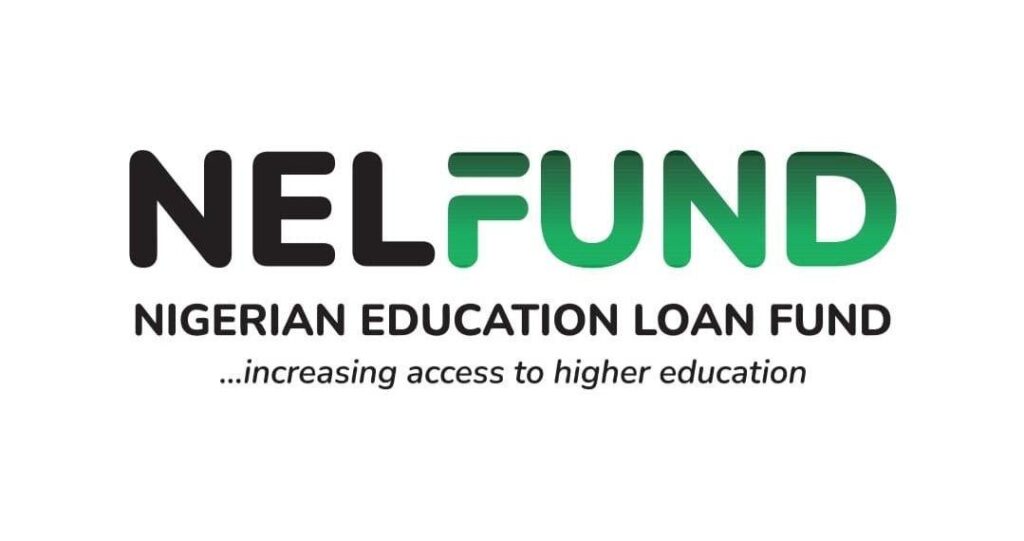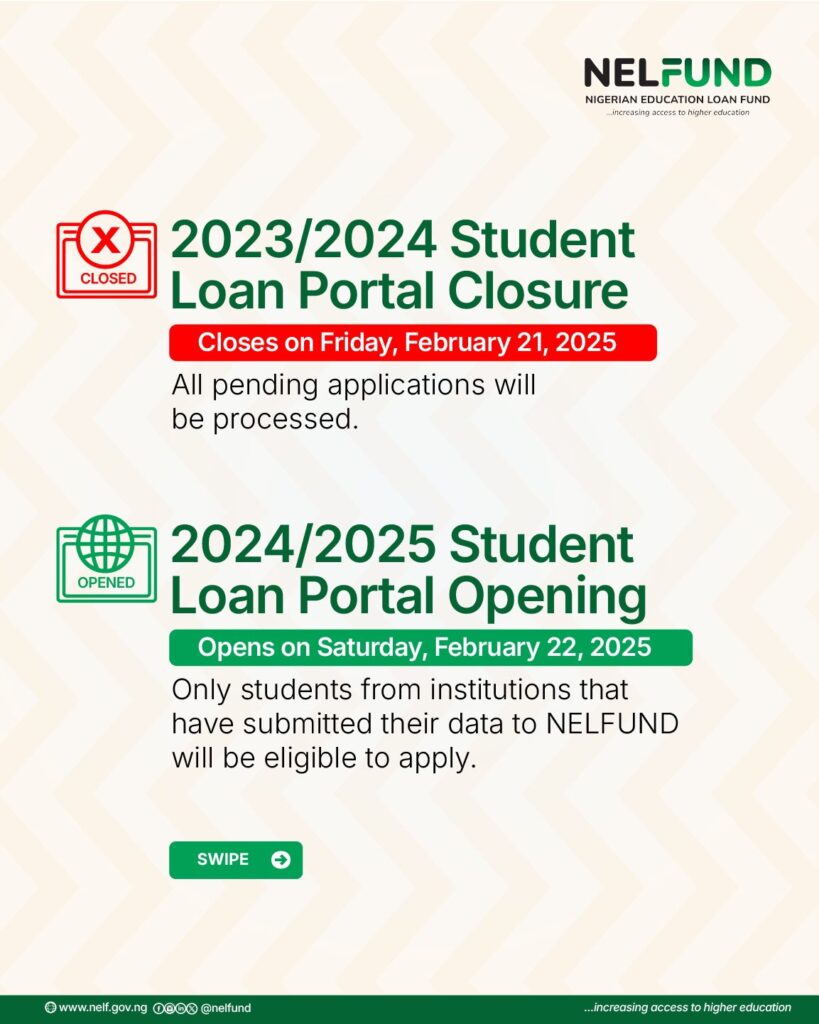If there’s one thing Nigerians have learned to master, it’s waiting. We wait for fuel. We wait for light. We wait for promises. And now, apparently, we’re waiting for the National Education Loan Fund (NELFUND) to catch up with the academic calendar.
When the Federal Government (FG) first announced the loan fund scheme through NELFUND, Nigerians – students especially – did not know how to feel. You can’t blame them too, because so far, whenever the government has embarked on an initiative, it has proven to benefit them more than the people. Students were willing to give the Presidency a chance, but as always, there are lapses.
The agency has just reopened its student loan registration portal…for the 2024/2025 academic year. The problem? We’re already on the brink of 2025/2026.
Late Start for What’s Supposed to be a Lifeline
Let’s give credit where it’s due. The idea behind NELFUND is a good one. A national loan scheme to help Nigerians afford higher education is something we’ve needed for decades. It’s a potential lifeline for thousands who dream of getting degrees without drowning in debt or depending on relatives abroad.
But timing is everything. And this latest reopening feels like a movie that started rolling just as the credits were about to run.

Across the country, many universities have either resumed for the 2025/26 session or are on the verge of doing so. For NELFUND to be reopening applications for a previous academic cycle suggests that bureaucracy is still winning over urgency.
The “Portal Coming Soon” Frustration
When the student loan bill was first signed into law, the energy was palpable. There were headlines, press releases, and a collective sigh of relief from some students and parents. But that excitement quickly turned into frustration when the “portal coming soon” message dragged on for months.
Even after it eventually went live earlier this year, the rollout was limited. Technical glitches, unclear eligibility criteria, and back-and-forth between institutions and applicants made it difficult for many to complete their applications.
Now, with this “final reopening”, NELFUND says it’s giving students another chance to register. However, it’s hard not to wonder why this window is opening when the academic year it covers is practically over.

Efficiency or Delay Dressed as Progress?
Let’s be honest, reopening a portal this late in the cycle doesn’t scream efficiency. It feels more like an attempt to check a box — “yes, we reopened the portal” — rather than an actual step toward helping students on time.
In an era when global student aid systems can verify, approve, and disburse funds within weeks, a snail will be disgusted with Nigeria’s pace. For many undergraduates who needed the support in 2024/25, this reopening is a symbolic gesture at best. They’ve already hustled their way through. Some had to borrow from friends, work side gigs, or defer admission altogether.
So while the reopening might look good on paper, its actual impact is questionable.
What NELFUND Needs to Fix, And Fast
Reopening the portal isn’t the problem. The delay is. If the student loan system is going to work, it needs to be predictable and efficient, not reactionary.
Here are a few things NELFUND could do to get back on track:
- Synchronize with school calendars: Start application cycles at least two months before each academic session begins.
- Automate verification and disbursement: Rely less on manual processing that slows everything down.
- Communicate clearly: Students should know timelines, requirements, and approval status in real-time.
- Prioritize feedback: A helpdesk that actually replies would go a long way in restoring trust.
Until then, reopening old portals will continue to feel like repainting a leaking roof. It looks better, but the real problem remains.
There’s No Time To Play Catch-Up
Education financing isn’t a luxury; it’s an infrastructure. If NELFUND wants to be taken seriously, and it does, it has to operate like a modern financial institution: fast, responsive, and transparent.
Nigeria’s education sector doesn’t have the luxury of delay. I mean, Federal University students already have to worry about strikes. Every missed semester, every postponed session, every late disbursement adds to a long list of reasons that drive youths to seek better systems abroad.
Reopening the portal might look like progress, but when progress arrives too late, it starts to feel like nostalgia.
Conclusion
For many Nigerians, the NELFUND loan was supposed to be a promise. A promise that higher education could finally be accessible, affordable, and fair – for everyone.
But until that promise comes with a sense of urgency i.e. until applications open and close on time, funds are disbursed on schedule, and students can plan their lives around trustworthy systems, the whole idea risks becoming just another headline.
The clock isn’t just ticking on NELFUND. It’s ticking on the future of education in Nigeria.
At Inside Success Nigeria, education is something we focus on, because we have the development of young Nigerians at the forefront of our minds. If you enjoyed this article, look around this site for more like it. You can join us in our cause by subscribing, to make more opportunities accessible to more youths. Follow us on Instagram to see more content.


Leave a Reply